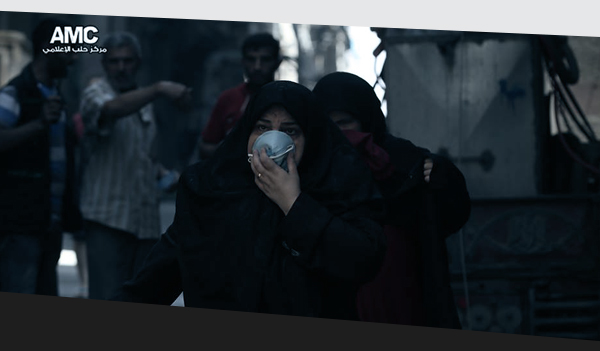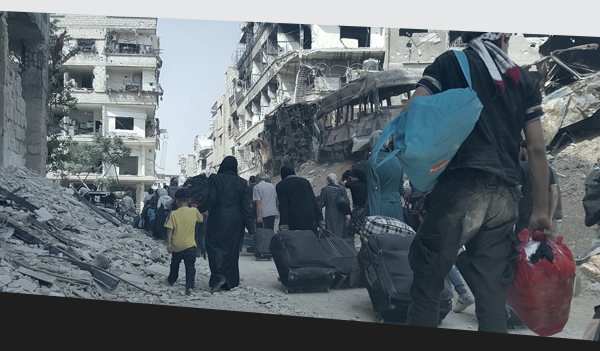|
Syria Watch
Syria Justice and Accountability Centre: Justice for Victims and the War on Terror
|
Syria Deeply: Weekly Update: ‘Surrender or Die Because of Siege’
|
||||||||||||||||||||||||||
|
||||||||||||||||||||||||||
|
Syrian Network for Human Rights: Crimes against humanity and War Crimes are the reason behind the forced migration in Darayya
|
Syria Deeply: Weekly Update: Disturbed Alliances and Regional Interventions
|
||||||||||||||||||||
|
||||||||||||||||||||
|










